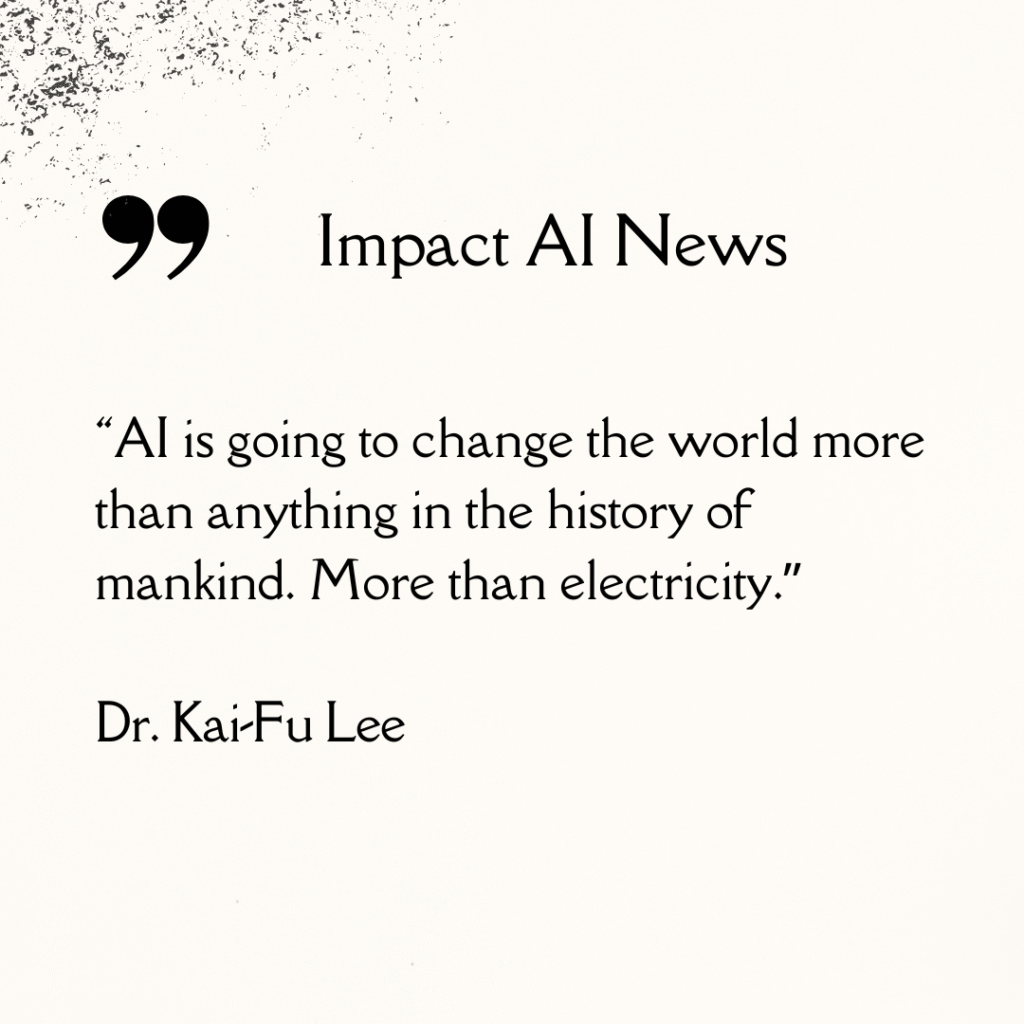As discussions about artificial intelligence (AI) strategy bloom in the United States, a pressing question looms: Is America falling behind in the AI race, particularly against China? Recent insights from leading US technology companies paint a sobering picture of the state of AI development, drawing attention to the growing capabilities of Chinese models and the competitive landscape that is evolving at an unprecedented pace.
In March 2025, several prominent tech firms submitted reports to the US government, responding to a call for input on an AI Action Plan. These submissions revealed significant concerns regarding the advancing sophistication of AI models developed in China, notably the DeepSeek R1, a product that symbolizes the rapid innovation emerging from the other side of the globe. The companies articulated their worries that not only are Chinese AI systems becoming more advanced, but they are also able to provide competitive pricing. This dual challenge could potentially erode the market and technological leadership that the United States has long enjoyed.
The apprehension expressed by these companies underscores a critical moment in the AI sector. The advancements in Chinese AI are exacerbated by China’s aggressive investment in research and development. The Chinese government’s commitment to dominate the AI field has resulted in substantial funding, fostering an environment where innovation can thrive. Meanwhile, American firms are being forced to grapple not only with the technological advancements of counterparts but also with the economic implications of competing against models that might come at a lower cost.
While the US has been a pioneer in AI research and applications, recent reports suggest that continued dominance will require more than just historical expertise; it necessitates an aggressive strategy that embraces rapid innovation, investment in talent, and a comprehensive framework for ethical AI. The challenge is vast. The Chinese model benefits from governmental backing, allowing for coordinated efforts in technological development that many argue is missing in the US approach.
Moreover, the urgency of the situation is amplified by the growing reliance on AI across various sectors, including healthcare, finance, and transport. As businesses increasingly integrate AI into their operations, the consequences of falling behind could reverberate. Innovations that lead to enhanced efficiencies, cost savings, and improved productivity hinge on having a robust domestic AI landscape.
What’s at stake, then, is not merely technological superiority but also the economic and national security implications that accompany it. A strong AI workforce is essential; the US must focus on education and training to cultivate the next generation of scientists and engineers who can lead the charge in AI advancements.
Send us your news/press releases to info@impactainews.com or contact us.























